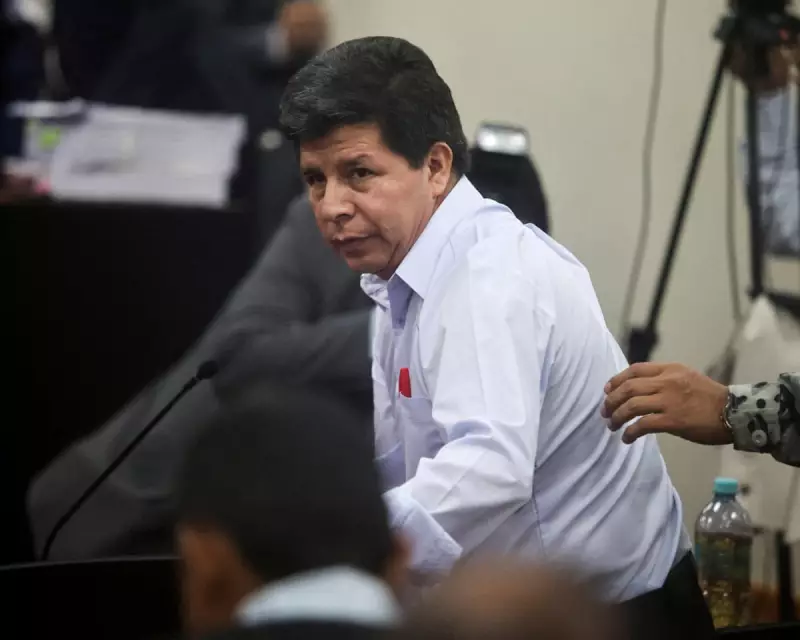
Peru's former president Pedro Castillo has been sentenced to 11 years in prison for rebellion after his dramatic attempt to dissolve Congress and rule by decree in December 2022.
The Dramatic Downfall of a Populist Leader
The 55-year-old former schoolteacher and union leader, who styled himself as the 'president of the poor', saw his presidency collapse within hours of his December 7, 2022 announcement that he was temporarily dissolving Congress and installing an emergency government.
Castillo's bold move backfired spectacularly when lawmakers overwhelmingly voted to remove him from office on charges of 'permanent moral incapacity' - the same day he attempted the power grab.
The former president was arrested while attempting to reach the Mexican embassy in Lima, apparently seeking political asylum after his plan unravelled.
Legal Proceedings and Additional Charges
Alongside his 11-year sentence for rebellion, Castillo received an additional six-year ban from holding public office. The court also found him guilty of conspiracy for his role in the failed power grab.
Prosecutors had sought an 18-year prison term for the ousted leader, arguing that his actions constituted a clear attempt to stage a coup against Peru's democratic institutions.
The verdict marks a stunning fall from grace for the rural teacher who rose from poverty to become Peru's president, promising to represent the country's marginalised indigenous and poor communities.
Political Fallout and Continuing Turmoil
Castillo's removal triggered widespread protests across Peru, particularly in southern regions where his support remained strongest. Demonstrators blocked highways and clashed with security forces, resulting in dozens of fatalities during the ensuing political crisis.
His vice-president, Dina Boluarte, was swiftly sworn in as Peru's new leader following his removal. However, her administration has faced persistent instability and low approval ratings amid ongoing political divisions.
The sentence comes as Peru continues to grapple with deep political polarisation and institutional weakness, with six presidents serving over the past five years amid constant power struggles between the executive and legislative branches.
Castillo's legal team has indicated they will appeal against the verdict, maintaining that the former president was the victim of political persecution by Peru's entrenched elites who opposed his reform agenda.





